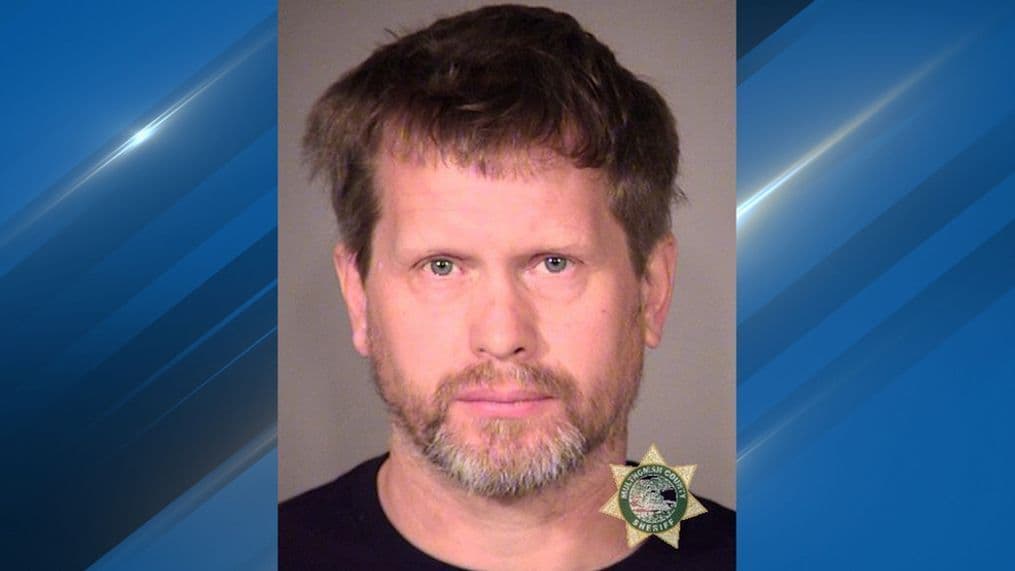Kevin Dahlgren, Convicted of Theft from Homeless, Ordered to Pay $16,511 Restitution

Portland, Oregon – Kevin Dahlgren, a social media personality and former homeless outreach worker, recently sparked discussion with a tweet questioning whether homeless individuals are "arrested or rescued," stating that many former homeless people he interviewed found arrest to be beneficial for accountability. This statement comes as Dahlgren himself has pleaded guilty to felony charges related to stealing identities of homeless individuals and defrauding the City of Gresham. His legal entanglements provide a complex backdrop to his public commentary on homelessness and intervention.
Dahlgren pleaded guilty to one felony count of first-degree theft, one felony count of aggravated identity theft, and one count of first-degree official misconduct. The charges stemmed from actions between October 2020 and March 2021, where he admitted to making up identities and falsifying receipts for supplies, intending to deceive and defraud the City of Gresham. These actions were committed while he was employed as a homeless services specialist for the city.
For his crimes, Dahlgren was sentenced to five days in jail, 60 months of formal probation, and 360 hours of community service. Crucially, he was also ordered to pay $16,511 in restitution to the City of Gresham, payable through monthly installments. This restitution aims to compensate the city for the funds he misappropriated by misrepresenting his expenditures.
Dahlgren gained a significant social media following for his videos and commentary, often criticizing what he termed the "homeless industrial complex." His recent tweet, > "Were they arrested or were they rescued? I have interviewed hundreds of former homeless people who shared the best thing that ever happened to them was that they were arrested. They needed somebody else to hold them accountable because they weren’t going to do it themselves," aligns with his controversial views on intervention. However, his conviction for exploiting the vulnerable population he claimed to serve has drawn sharp criticism from other service providers and raised questions about the ethics of his past work and public statements.